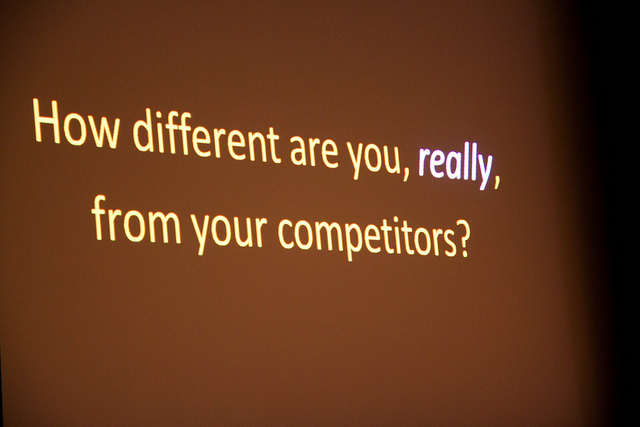The 80/20 Principle, also known as the Pareto Principle amongst others, is a principle that most of us are possibly aware of but rarely use in our daily lives to manage more effectively. Pareto had observed that in his country, Italy, eighty percent of the wealth was owned by twenty percent of the people. Dr. Joseph Juran recognized this as an almost universal phenomena and called the principle “the vital few and the trivial many”.
The basic premise of The Pareto Principle is that where two related data sets or groups exist (typically cause and effect or input and output):
“80 percent of output is produced by 20 percent of input.” OR
“80 percent of outcomes are from 20 percent of causes” OR
“80 percent of contribution comes from 20 percent of the potential contributors”
Thus,
80 percent of results come from 20 percent of efforts
80 percent of activity will require 20 percent of resources
80 percent of the results come from 20 percent of the workers
80 percent of revenue comes from 20 percent of customers
80 percent of complaints come from 20 percent of customers
80 percent of sales will come from 20 percent of sales people
80 percent of the usage come from 20 percent of the features
80 percent of a restaurant’s turnover comes from 20 percent of its menu.
And so on.
The precise ratio in a situation could be different to 80:20, but the principle does apply and in many cases the actual ratio may not be too far from the 80:20 rule.The principle has immense applicability in real life: always focus on the 20% that really matters; that is, the ones that are likely to produce 80% (or 70% or 90% or majority) of the results. Avoid the trivial. Unfortunately, most of us end by wasting our time, effort and resources on the not so important stuff.
Of course, for all its attractiveness, the 80/20 Principle is not always easy to apply, mainly because of two reasons:
* Can you identify in advance which 20% of your actions are useful? In some cases you can, in some cases you possibly cannot.
* Does the useful 20% always contain the same actions? For example, if in a given week, 80% of your sales came from 20% of your customers, would that hold true in the next week? Possibly not, since those who bought from you the last week may not buy the same quantity the next week.
Even if one doesn’t get too ensnared in the 80/20 Principle, just thinking about it in any given situation may help one identify the important from the trivial and manage more effectively.
Visual Courtesy:http://www.flickr.com/photos/betsyweber/







